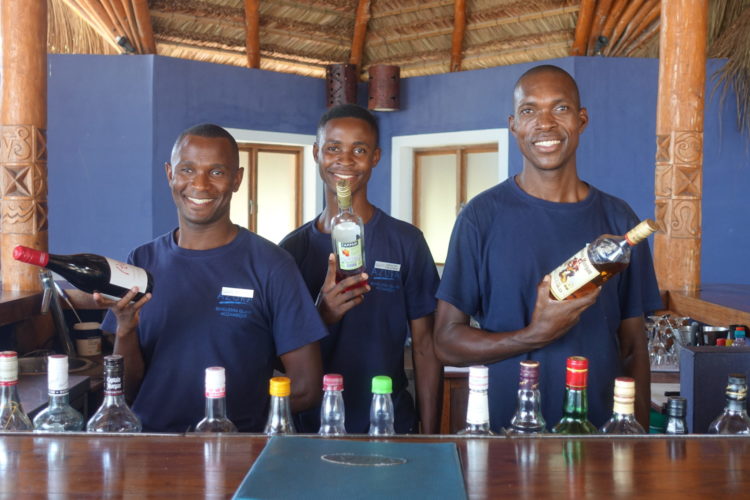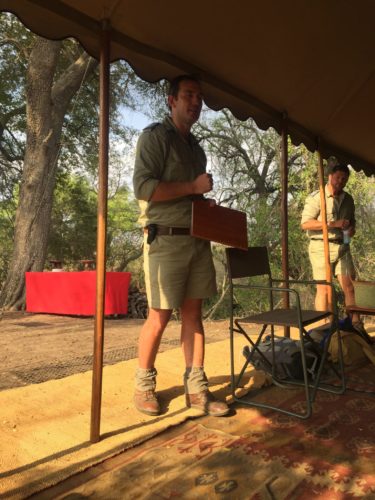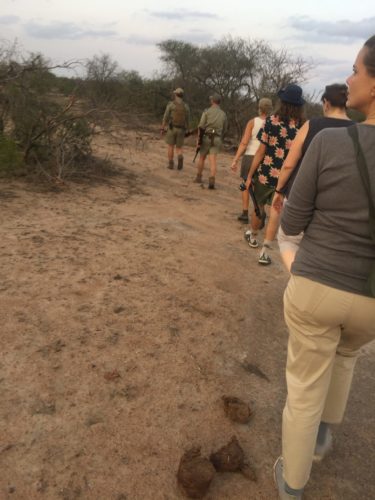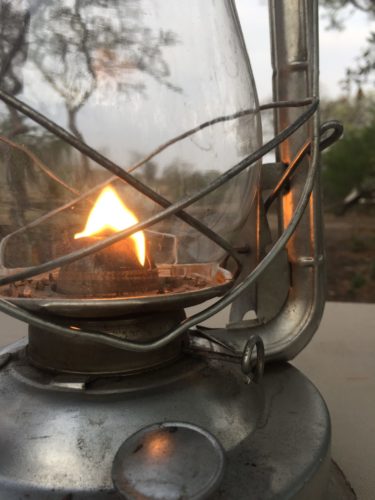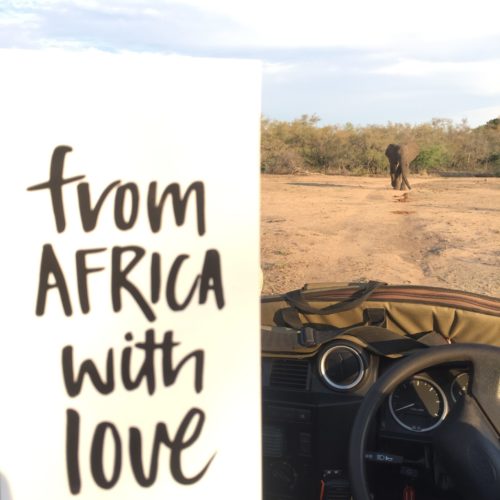Safari Holiday Travel Tips
Our Top Tips
For a great Safari holiday
US dollars
Make sure any US dollars that you take have been printed after 2006. Also remember the smaller bills are great for tipping and change is not always readily available, so avoid the $50 and $100 notes. See our money matters page. (link)
Stay in touch
Our ideal safari holiday is where we completely switch off. Not all guests want to do that and many ask about internet connections and telephone coverage. In Africa there are a number of great carriers and 3G is cheap and easy to find. Don’t take your new phone, we recommend you take an old smartphone so you can have contact with home without the fear of losing your brand new phone. Wifi is tricky in many areas, so if you need access to emails you can connect using the hotspot on your phone. For any emergencies you can use email, Skype, GPS.
VPN
Whilst wifi is available in some areas, security is not at a high standard like here at home. So we recommend you get a VPN before you go. A VPN is a great way to encrypt your connection and become secure and anonymous while browsing the internet.
See on Safari
If you wear glasses, make sure you have a spare pair and also take good cleaning products and cloths because it can get dusty. For those who wear contacts please make sure you have ample spares and solution as it’s not always easy to pick up when you’re on the road.
Stay Clean
We highly recommend taking hand sanitiser, it’s a lifesaver when you are on the move. It’s hard to find in some rural areas of course so take your own with you. Another handy tip is taking a pack of baby wipes. Safari dust is all part of the safari adventure holiday.
Sun Safety
Africa’s sun is hot and without knowing, you burn whether it’s cloudy or not. Take your favourite sunscreen brand with you as it’s not always available whilst travelling. Insider tip – the most common ‘burnt’ parts of the human body on safari are ears and feet! Slip slop slap and you’ll have a better safari holiday.
Don’t forget a great hat too, one that covers face, ears and the back of your neck.
More tips below!
Bug Bites and Malaria
Africa has all sorts of bugs so it’s best to take precautions and prevent being bitten rather than having to treat bites.
Malaria is a disease you don’t want to come home with and it is preventable with the proper precautions. Prevention is better than cure so always take and use insect repellent when you are outside day and night. Malaria tablets are highly recommended. Keep in mind it makes your skin even more sensitive to sunlight so your sunscreen will be essential. If you are prone to mosquito bites, take some haemorrhoid cream, would you believe it’s the best to stop the itching.
Tsetse fly are pests in Africa, packing a punch much like a horsefly. Many people come up in giant red welts so we recommend you cover up and avoid dark colours as they are drawn to them.
Remember to use insect repellent all over – hands, feet, ears, neck and any other exposed skin.
Don’t dare dehydrate
It is important that you drink loads of water from the moment you board the plane for your African safari holiday. In addition to drinking water, you need to replenish the salts that you will lose from the time on safari – wind, sun, exercise. Get in the habit of drinking a hydration drink each day. We take rehydration salt sachets with us.
Remember soft drink is full of sugar and alcohol can be packed with preservatives that provide a false sense of energy and hydration.
Dressing for Africa
Remember Africa is still considered a third world continent and we strongly advise that you dress in a way that won’t draw attention. That means respect the local cultures, avoid excessive bling and because you need to pack light (if light aircrafts are part of your safari holiday itinerary), take clothes that easily mix and match. Camouflage patterns should be avoided whilst neutral and earthy colours are great for when you are on safari in Africa.
Doing Good
We take responsible tourism and sustainability seriously. Conservation of both community and wildlife are part of our DNA. So we recommend you take the right attitude with you on safari.
Whilst your eyes will be opened wide at the beautiful wilderness areas and wildlife residents, it is the community interactions that will really change your perspective. Talk to the locals, hear about local life and remember to always heed their ways because they will know what’s best, safe and of course the must-see places.
Photographic Africa
There is so much to see and do in Africa and photographing the safari holiday is a great way of documenting the story. Have your camera at the ready always. If you are afraid of dust, cover it with something that can be removed quickly and preferably waterproof so it protects against the rain too.
Take multiple batteries and memory cards. We always travel with a power board so we can charge multiple devices at once too. To steady the lens whilst on photographic safari, take a bean bag!
When booking a photographic safari, we look for low guest to vehicle ratio so you are guaranteed a window seat, wildlife hides, guides with photographic safari experience to name a few. Light is key to a great shot so we recommend you get out early in the mornings and afternoons to catch the very best on your African photographic safari.
What’s on your feet
Shoes can be really heavy and if you have a luggage restriction because of light aircraft flights, it is important to consider the essentials. Boots are only needed if you are climbing Mount Kilimanjaro or prefer heavier shoes for rainforest walks to see the gorillas or chimpanzees. Flip Flops are ideal for outdoors showers and relaxing in your room, beside the pool or at the beach. Covered, light weight and comfortable shoes are what you will find yourself in most of the time.
Remember regardless of what’s on your feet, shake the shoe before you put it on as spiders and other bugs may have called it home for the night.
Multi purpose packing
To travel light, it’s important to pack right so the key is multipurpose products.
The number one product for women is a scarf. A fantastic fashion accessory, it is also highly adaptable. It can provide warmth from the cold, protection from the sun, wind and dust and act as a pillow for quick naps.
For men and women, we always recommend a zip up long sleeve light weight waterproof jacket. You will find this comes in handy to keep you warm, dry and dust free depending on the weather conditions you experience.


